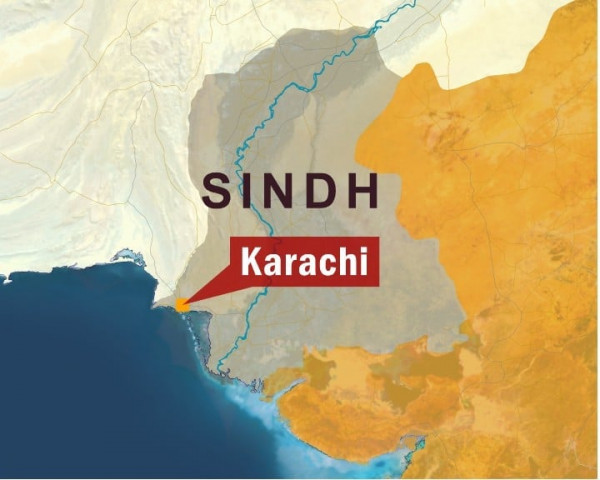Artisans carving their way towards success
Non-profit organisation AHAN helping craftsmen in rural areas get business in cities.

Muhammad Haroon, owner of a pottery store, cannot even think about expanding because he does not have access to credit. “We can’t get money from banks. They are not interested in us because we can’t guarantee payback,” Haroon said, disappointed that “even if we are able to find a loan, our profit margins are not large enough to pay back high interest rates”.
According to a study conducted by Tufts University Institute of Global Leadership, cottage and handicrafts industries are often neglected in national discourse about economic growth even though they informally employ thousands of people.
For centuries, families in Pakistan have been making traditional goods, such as ceramics, bangles, jewellery, ajrak [a shawl with block-print design that originated in Sindh] and rilli [spread made by stitching together different patches of cloth], the study added.
Pointing to his collection, Haroon said that “these pots are birthed from earth, which makes them resilient”. He feels craft businesses represent an untapped market in Pakistan that has potential, not only for greater growth within Pakistan, but also abroad through exporting.
To reach that potential, however, the industry will have to overcome serious challenges. Many handicrafts shops are informal, often with no roof and are located on land leased to them by the government. “Any day, officials can come here and tell me to move all my things, pack up and leave, and I will have no choice but to obey,” Musheer Ahmed, owner of another pottery store, pointed out.
Realising these needs of the cottage industry, Aik Hunar, Aik Nagar (Ahan) [One Village, One Product], a non-profit organisation, is working towards removing barriers faced by poor artisans and craftsman in rural areas.
“There is a link missing between craftsmen, who work in rural areas, and markets, which are situated in urban areas,” said Shakeel Abro, Ahan manager in Sindh. “Craftsmen in rural areas are not acquainted with modern trends and fashions, so that is where we step in.”
Ahan is modelled after the One Village, One Product programme that started in Japan and has been replicated in many countries. The organisation selected geographic clusters in Pakistan where they provide training and backup support for artisans and their products. It also subsidises transportation and raw material costs.
“We work on behalf of artisans by helping them make brochures, websites so that buyers can come into contact with us and we link them to craftsmen in the village,” said Abro, adding that USAid has also expressed their interest in the organisation and placed sample orders.
Yasmeen Mirza and 25 other girls received training in making jewellery from Ahan and now they are getting orders. “I just completed an order of 12,000 pieces,” she said proudly.
While few microfinance banks started helping artisans and small businesses, their reach is still very small. “If I think about exporting, I will need an international contact willing to take up a significant amount of the cost,” said Haroon.
Ahan aims to attract international buyers because of limited Pakistani markets and the best method is to sponsor local artisans at expos around the world. Mirza wishes to see her crafts sold around the world. “I often think of selling them to Malaysia or America one day,” she said.
Published in The Express Tribune, October 26th, 2010.



















COMMENTS
Comments are moderated and generally will be posted if they are on-topic and not abusive.
For more information, please see our Comments FAQ